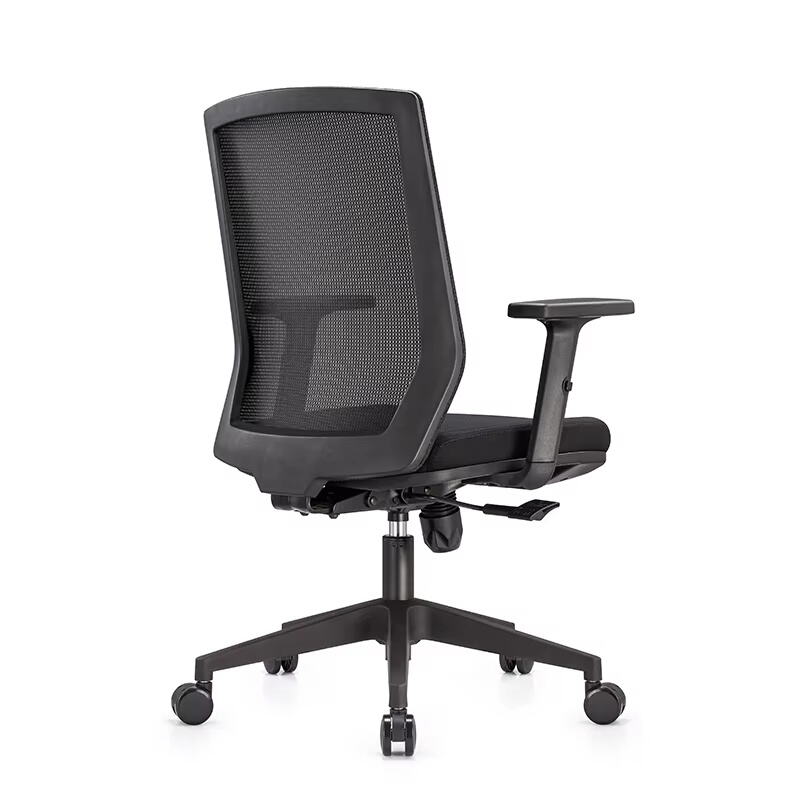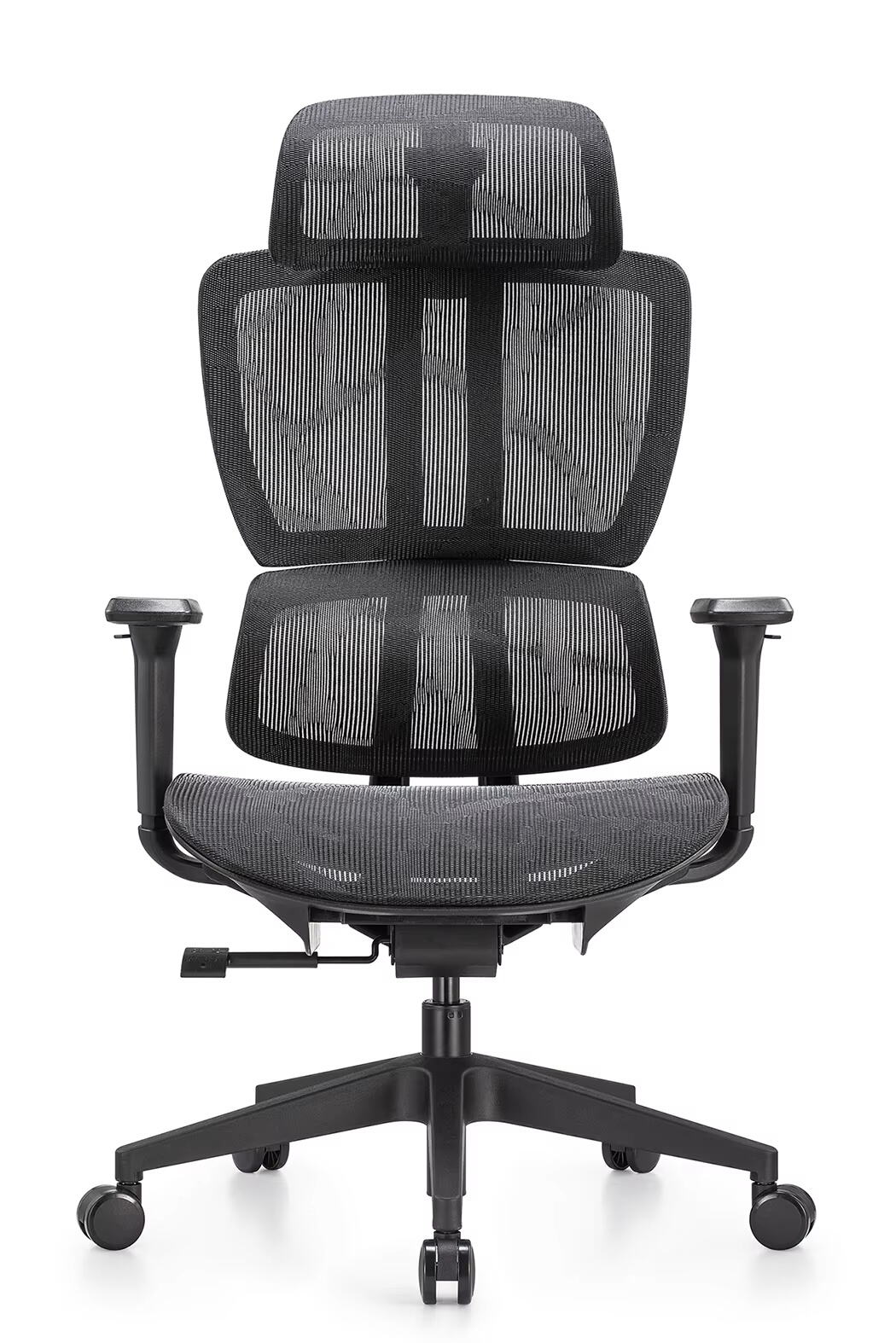
Essential Guide to Wholesale Chair Procurement for Businesses
Furnishing a business space requires careful planning and strategic decision-making, especially when it comes to buying chairs wholesale. Whether you're outfitting a new office, restaurant, or event venue, making informed choices about bulk chair purchases can significantly impact both your budget and your business's success. Understanding the complexities of wholesale furniture procurement is crucial for making cost-effective decisions while maintaining quality standards.
The process of buying chairs wholesale extends beyond simply finding the lowest price point. It involves understanding your specific needs, evaluating various suppliers, considering long-term durability, and ensuring compliance with industry standards. This comprehensive guide will walk you through the key factors to consider when making wholesale chair purchases for your business.
Quality Assessment and Material Considerations
Material Durability and Construction
When buying chairs wholesale, the material quality serves as a fundamental factor that determines the longevity and performance of your investment. High-grade materials like hardwood, reinforced steel, or commercial-grade plastics often command higher initial costs but provide superior durability and reduced replacement needs over time. Look for chairs with robust construction methods, such as mortise and tenon joints for wooden chairs or welded joints for metal frames.
Quality inspection should include checking the stability of joints, the thickness of materials, and the overall construction integrity. Premium materials typically offer better resistance to wear and tear, making them more suitable for high-traffic commercial environments.
Finish and Aesthetic Appeal
The finish quality significantly impacts both the appearance and longevity of chairs. For wooden chairs, examine the consistency of staining and the protective coating's durability. Metal chairs should feature even paint coverage and rust-resistant treatments. Consider how the chosen finishes will withstand cleaning products and daily use while maintaining their appearance.
Surface treatments and coatings play a crucial role in extending chair lifespan and preserving aesthetic appeal. Opt for finishes that resist scratches, stains, and UV damage, particularly for chairs intended for outdoor use or high-traffic areas.
Ergonomic Considerations and User Comfort
Seating Comfort and Support
Ergonomic design elements are crucial when buying chairs wholesale, especially for spaces where users will be seated for extended periods. Consider factors such as seat height, backrest angle, and cushioning density. Proper ergonomic support helps prevent user discomfort and potential health issues while promoting productivity in workplace settings.
Testing sample chairs before making bulk purchases allows you to evaluate comfort levels and ergonomic features firsthand. Pay attention to adjustability options, lumbar support, and seat depth, as these features significantly impact user satisfaction and comfort.
Size and Space Optimization
Chair dimensions must align with your space requirements and intended use. Consider both the footprint of each chair and the space needed for comfortable movement when chairs are in use. Stackable or foldable options might be preferable for venues requiring flexible seating arrangements or storage solutions.
Calculate the optimal number of chairs needed based on your space dimensions and occupancy requirements. Remember to account for circulation space and compliance with local building codes regarding occupancy and emergency egress.

Cost Analysis and Budget Planning
Initial Investment Considerations
When buying chairs wholesale, understanding the total cost of ownership goes beyond the initial purchase price. Factor in delivery costs, assembly requirements, and potential storage needs. Compare different pricing tiers and minimum order quantities across suppliers to optimize your budget allocation.
Consider volume discounts and negotiate terms with suppliers for large orders. Some vendors offer flexible payment plans or bulk purchase incentives that can help manage cash flow while securing better per-unit prices.
Long-term Value Assessment
Evaluate the expected lifespan of different chair options and calculate the cost per year of use. Higher-quality chairs might command premium prices but often provide better value through extended durability and reduced replacement frequency. Include maintenance costs and potential repair needs in your long-term cost analysis.
Factor in warranty coverage and after-sales support when comparing different wholesale options. Strong warranty terms can provide significant value and protect your investment against manufacturing defects or premature wear.
Supplier Evaluation and Procurement Strategy
Vendor Reliability Assessment
Choosing reliable suppliers is crucial when buying chairs wholesale. Research potential vendors thoroughly, checking their market reputation, delivery reliability, and customer service quality. Request references and review past client experiences to gauge supplier dependability.
Evaluate suppliers' production capacity and ability to meet your delivery timeline requirements. Consider their inventory management practices and ability to handle large orders efficiently while maintaining quality standards.
Sample Testing and Quality Control
Before committing to large wholesale orders, request sample chairs for thorough testing in your actual business environment. This allows you to assess quality, comfort, and durability firsthand. Document any concerns or specific requirements to ensure the bulk order meets your expectations.
Establish clear quality control criteria and communicate these standards to your chosen supplier. Consider implementing inspection procedures for receiving shipments to maintain consistency across large orders.
Frequently Asked Questions
How far in advance should businesses plan for wholesale chair purchases?
Plan your wholesale chair purchase at least 3-6 months ahead of your needed delivery date. This timeline allows for proper research, sample testing, negotiation, production time, and shipping. For custom orders or large quantities, you might need to extend this planning period to ensure timely delivery and proper quality control.
What are the most important factors in choosing a wholesale chair supplier?
Key factors include the supplier's reputation, production capacity, quality consistency, pricing transparency, warranty terms, and after-sales support. Additionally, consider their delivery reliability, minimum order quantities, and ability to provide proper documentation and certifications for their products.
How can businesses ensure quality consistency in large chair orders?
Implement a detailed quality control process that includes sample testing, clear specifications documentation, and inspection procedures for received shipments. Work with suppliers who maintain consistent manufacturing standards and have quality control systems in place. Regular communication with your supplier and documented quality expectations help maintain standards across large orders.











